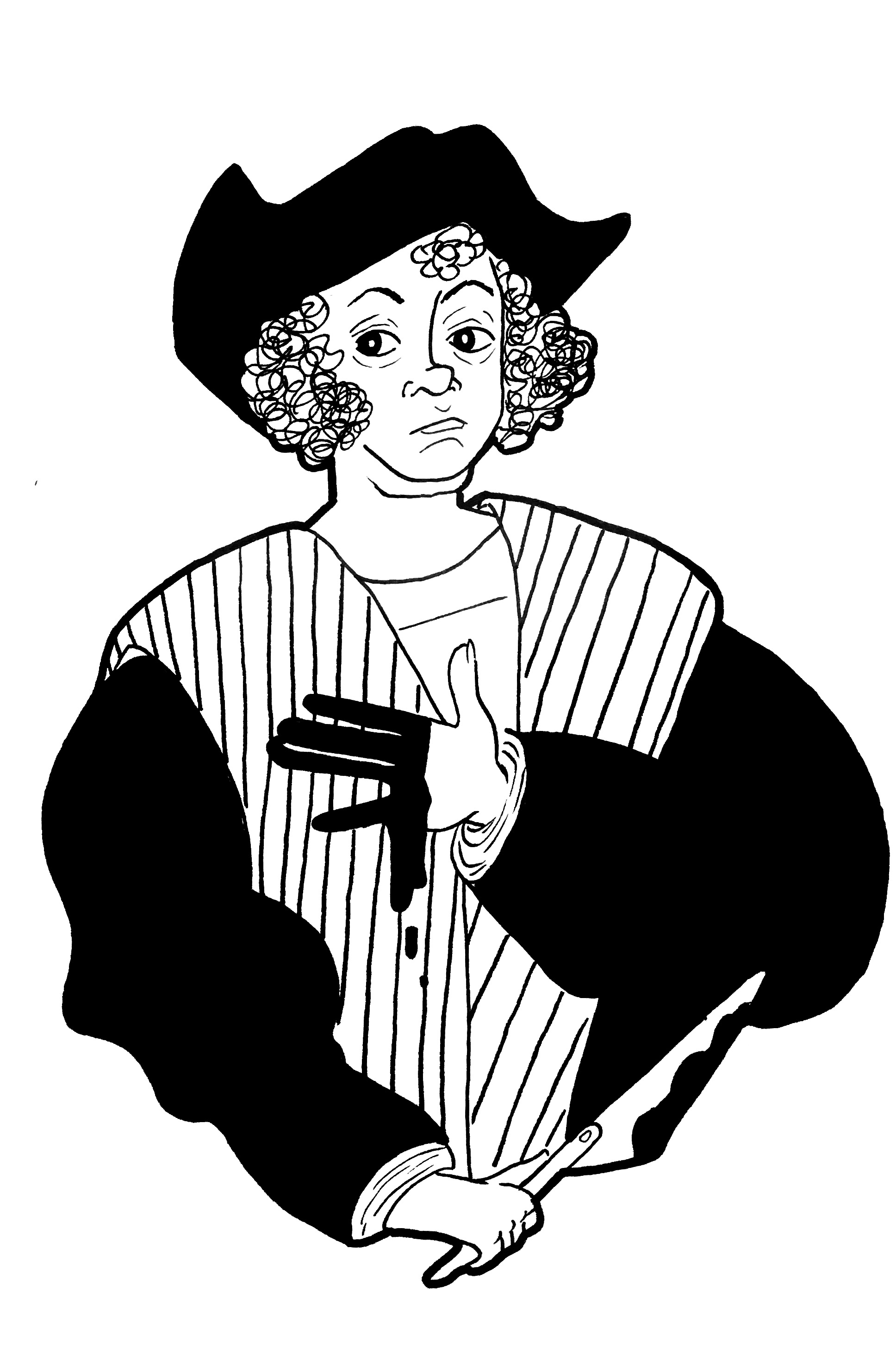Counterpoint: Columbus was imperfect, but modern America is his legacy
I don’t necessarily oppose the Los Angeles City Council’s replacement of Columbus Day with “Indigenous People’s Day” on the city calendar — I’ve always thought a “John Smith Day” or “John Winthrop Day” would be more appropriate of an American holiday, and the Italian Americans the holiday was originally meant to appease are now thoroughly integrated into American society — but I don’t really support the measure either. Let me explain.
Christopher Columbus was personally responsible for innumerable crimes against the Taino Indians of Santo Domingo. He enslaved and murdered countless numbers of them in his lust for gold and land. His fateful landing made possible the subsequent wars and plagues that killed millions of the Americas’ original inhabitants during the European conquest. It’s all true.
But do we also reject the sovereignty and right to exist of all the nations of the Americas, including the United States, because of the slaughter that led to their founding? Do we reject our own heritage — and the good it’s done — because it was watered with blood?
This moral complexity is important, and it is very hard to accept. The fact that the United States was founded upon the conquest of Native American territory, slavery and other human rights violations, doesn’t by any means justify these actions. However, it does mean that the legacy and heritage of the United States will forever be intertwined with the injustices which have always accompanied the human experience.
Because America is so hopelessly morally compromised, it could seem proper to reject loyalty and patriotism out of a concern for higher, loftier ends like justice and human rights, or at least to hide the crazy uncle in the attic, and root out any memorials dedicated to the worst excesses of American sins — to remove holidays and monuments honoring Christopher Columbus, Andrew Jackson, and Robert E. Lee.
Many come to that conclusion and have taken that second route of erasure, including the members of the Los Angeles City Council who voted for the replacement of Columbus Day. I’m not arguing that they shouldn’t value the rights and legacy of Native Americans and should not act on this. But I do worry about the unwillingness of many elements on the elite American left to accept the moral complexity of the American past, and of the human condition.
We at USC take as our mascot the name of the Trojans, a mythic people immortalized in Virgil’s Aeneid. The Trojans and their leader, Aeneas, epitomized the moral complexity of statecraft and history. They sailed from the ruins of Troy to the shores of Italy, and conquered it in a brutal war with the native Latins.
But the victorious Trojans would found the city that, so the legend goes, over the course of centuries would become the mighty Roman Republic, a political order that would bring order to the Mediterranean world. The American story’s dilemma is not as different as one might think.
I don’t know if the later Romans ever rejected the legacy of Aeneas for his crimes. But many Americans reject Columbus for his crimes — justifiably — but I would argue shortsightedly. The logic that rejects Christopher Columbus, Andrew Jackson, and Robert E. Lee need only go a little further to reject John Winthrop, Alexander Hamilton and Franklin Delano Roosevelt.
I, for one, would rather accept the fraught nature of political morality. Alexander Hamilton had an interesting way of putting it: “’Tis the portion of man, assigned to him by the eternal allotment of Providence, that every good which he enjoys shall be alloyed with ills, that every source of his bliss shall be a source of his affliction.”
Columbus committed great crimes and paved the way for greater crimes. But the political order that has arisen because of that has done untold good for its own citizens and for the world. So many of us, unlike Hamilton, spurn that moral complexity; perhaps that explains why we Americans are bad at this whole politics thing.
Luke Phillips is a senior majoring in policy, planning and development. “Point/Counterpoint” runs Wednesdays.


Well said.
Total lunacy to attempt to wipe the slate of history clean.
Anyone with any sense or knowledge of history knows how torn Robert E Lee was very torn with the decision he faced…his father was one of Washington’s generals, his family invested in making it a “united” states. Context…State rights meant more than Federal rights.
In Columbus time there was different morals in play than today. To cut off our legacy to them, to forget these lessons of history is to embark our culture to repeat them someday in the future…